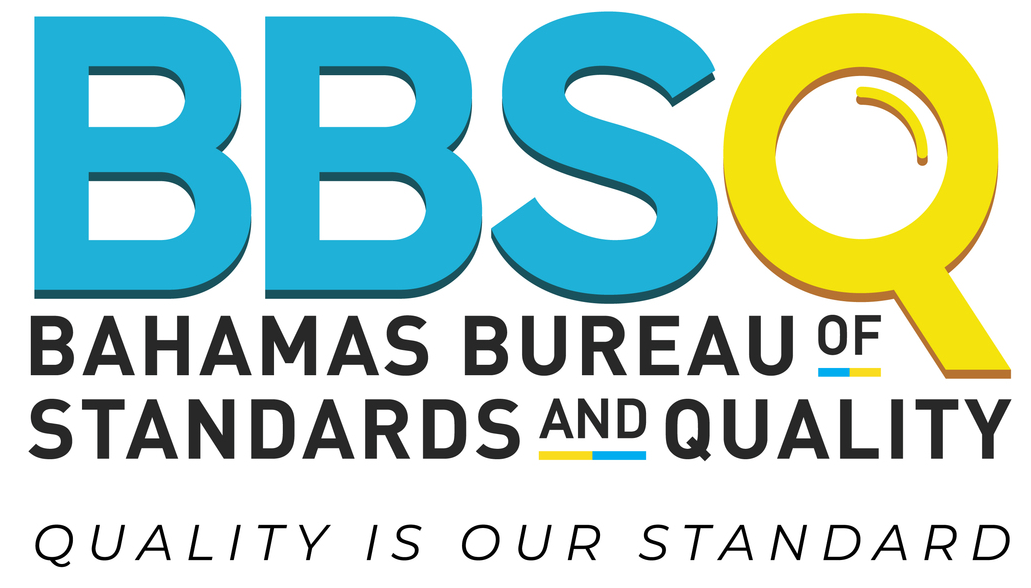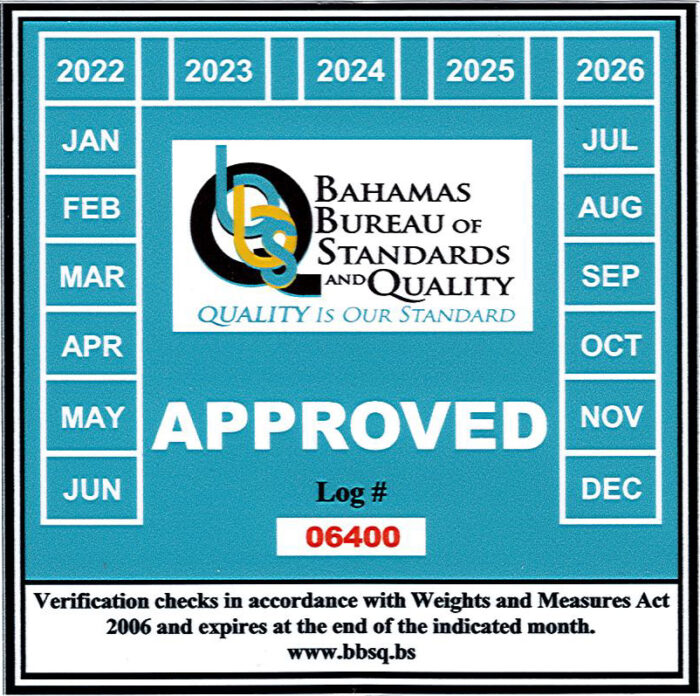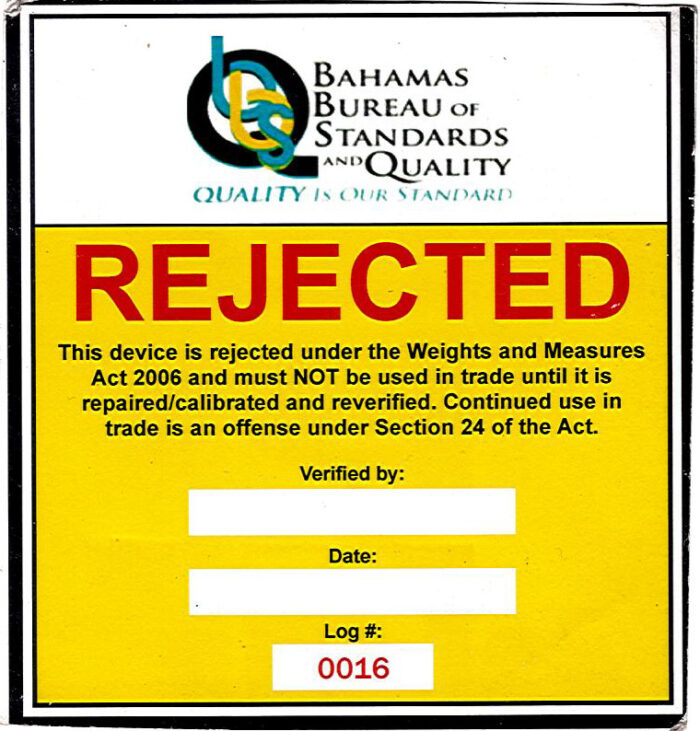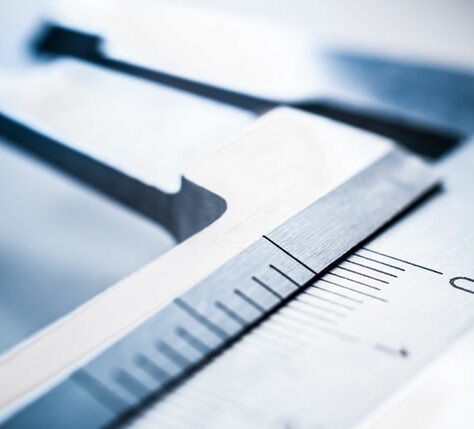What is Legal Metrology?
Legal Metrology is a branch of metrology that focuses on regulatory measurements and standards to protect consumers and ensure fair trade practices. It encompasses the laws and regulations that govern the accuracy and reliability of measuring instruments used in various commercial transactions. See Weight and Measurements Act







